Isaiah Dorman was born free in Philadelphia in 1832. He arrived in California between 1849 and 1853 as the body servant of U.S. Army officer Alfred Sully, who was stationed at Monterey. He remained with Sully during the Civil War when he commanded U.S. Troops in the Dakota Territory.
By the 1870s, Dorman had lived in Dakota Territory over a decade. During that time, he had become friends with many tribes. He even took an Indian wife and became friends with Chief Sitting Bull.
In the late 1860s, Dorman worked as a messenger, carrying messages between military forts while living with the Sioux. Dorman was fluent in Lakota and the language of the Sioux people. According to military records, he was paid at a higher-than-normal rate for his services, due to already having experience working in government services and civilian endeavors.
In the late spring of 1876, George Armstrong Custer hired Dorman as an interpreter for his expedition to the Little Bighorn Country. Unfortunately, the trip would be fatal for Dorman.
We passed a black man in a soldier’s uniform and we had him. He turned on his horse and shot an Indian right through the heart. Then the Indians fired at this one man and riddled his horse with bullets. His horse fell over on his back and the black man could not get up. I saw him as I rode by.
Dorman’s body was found just out of the timber, near Charley Reynolds, and he was buried on the Reno Battlefield. Wooden Leg, a Cheyenne warrior who was also a close friend to Dorman, was present at Dorman’s time of death and had spoken shortly with Dorman before he died.
The spot where Dorman fell is commemorated by a small marble marker near a gully south of the Crow Agency, Montana.
source:
http://figah.us/uploads/Military_Life_Other_Isaiah-Dorman.pdf
http://custerlives.com/7thcav2.htm

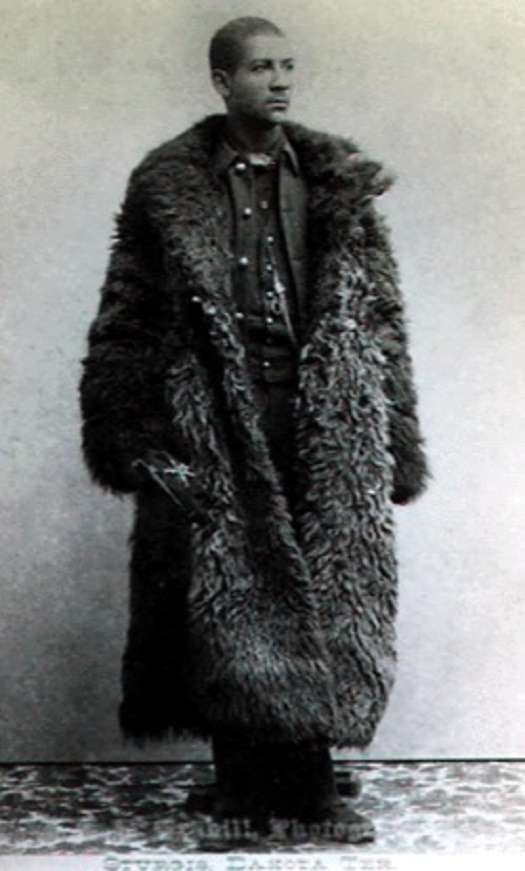





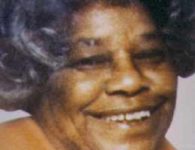


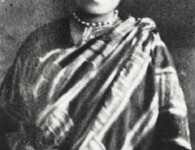

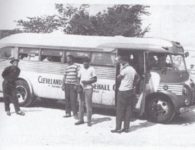

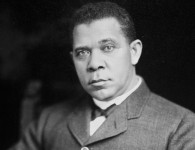
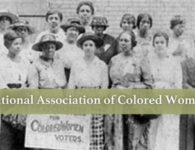

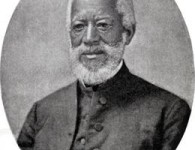
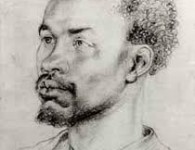
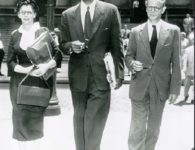

1 Comment
[…] post Isaiah Dorman: The Only Black Man to Die at The Battle of Little Bighorn appeared first on Black […]